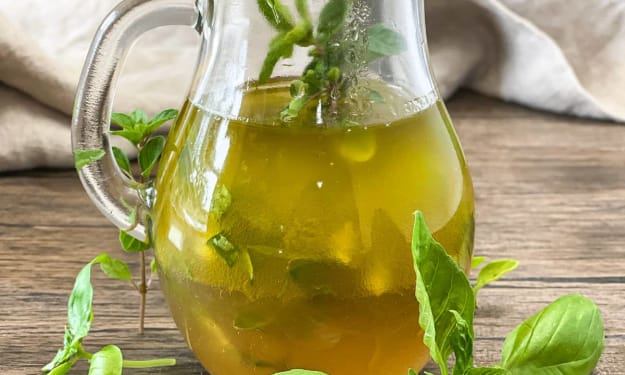PROTEIN BURN FATS
still eat good food with high protein

Protein is an essential macronutrient that plays a vital role in the body's growth, repair, and maintenance of tissues. It is especially important for those following a diet focused on weight loss, muscle gain, or overall health and well-being. Here are some high-protein foods you can include in your diet:
NOT EVERY PROTEIN TASTELESS WE CAN STILL EAT YUMMY HIGH PROTEIN CHIPS : CHECK OUT THE LINKS
Lean Meats: Chicken breast, turkey breast, lean cuts of beef, and pork tenderloin are excellent sources of protein. Choose skinless, boneless cuts to minimize added fat.
Fish and Seafood: Salmon, tuna, trout, shrimp, and other seafood options are not only rich in protein but also provide healthy omega-3 fatty acids.
Eggs: Whole eggs are an inexpensive and versatile source of protein. They also contain essential vitamins and minerals. If you're concerned about cholesterol, you can opt for egg whites, which are pure protein.
Dairy Products: Greek yogurt, cottage cheese, and low-fat milk are protein-rich dairy options. They also provide calcium and other nutrients. Look for plain varieties without added sugars.
TO HELP YOUR DIET YOU CAN USE PROTEIN PUDDING :
PROTEIN PANCAKE AND WAFFLES MIX :
Legumes: Lentils, chickpeas, black beans, and other legumes are not only high in protein but also rich in fiber. They are an excellent choice for vegetarians and vegans.
HIGH PROTEIN PASTA WILL ALSO HELP :
HIGH PROTEIN RAMEN AND LOW CAL :
Tofu and Tempeh: These soy-based products are popular sources of protein for vegetarians and vegans. They can be used in various dishes and absorb flavors well.
Nuts and Seeds: Almonds, peanuts, walnuts, chia seeds, and flaxseeds are protein-packed options. They also provide healthy fats and fiber. Keep portion sizes in mind due to their calorie density.
BEST PEANUT BUTTER SPREAD FOR YOUR TOAST , REMEMBER HIGH PROTEIN BURN UR FATS. ;
Quinoa: Quinoa is a grain-like seed that contains a complete protein profile, making it an excellent choice for plant-based diets. It can be used as a base for salads, stir-fries, or enjoyed as a side dish.
HIGH PROTEIN OATS :
Protein Supplements: Protein powders and bars can be convenient options for those who struggle to meet their protein needs through whole foods alone. Look for high-quality products with minimal additives and added sugars.
PROTEIN BAR WILL ALSO HELP HERE’S THE LINK FOR THE BEST PROTEIN BAR : CHECK OUT THE LINK
BEST PROTEIN MILKSHAKE :
Recommended Protein Intake: The recommended protein intake can vary depending on factors such as age, sex, body weight, activity level, and overall health. In general, the Recommended Dietary Allowance (RDA) for protein is 0.8 grams of protein per kilogram of body weight for adults. However, athletes, pregnant or breastfeeding women, and individuals recovering from injuries may require higher protein intakes.
Health Benefits: Consuming an adequate amount of protein in your diet has several health benefits. It helps in muscle growth and repair, weight management (as protein keeps you feeling full), and the maintenance of bone health. Protein is also involved in the production of enzymes, hormones, and antibodies, contributing to overall immune function.
Here are some reasons why protein is important in the diet:
Muscle growth and repair: Protein is crucial for building and repairing muscles. It provides the necessary amino acids that are used to rebuild muscle fibers after exercise or injury. This is why protein is often associated with strength training and athletic performance.
Enzymes and hormones: Many enzymes and hormones in our body are made up of proteins. Enzymes are essential for various chemical reactions, while hormones act as messengers that regulate bodily functions. Without an adequate protein supply, these processes may be impaired.
Cell structure and function: Proteins are present in every cell of the body and are involved in maintaining the structure and function of cells. They are responsible for transporting molecules across cell membranes, supporting cell signaling, and facilitating cell repair and regeneration.
Immune function: Antibodies, which are proteins, play a key role in the immune system. They help identify and neutralize foreign substances such as bacteria and viruses, protecting us from infections and diseases.
Satiation and weight management: Protein-rich foods tend to be more satiating than carbohydrates or fats. Including protein in your meals can help you feel fuller for longer, reducing overeating and aiding in weight management.
It's important to note that while protein is essential for a healthy diet, a well-balanced diet should also include other macronutrients (carbohydrates and fats) as well as micronutrients (vitamins and minerals) to support overall health and nutrition. Consulting with a registered dietitian or healthcare professional can help you determine the appropriate protein intake for your specific needs.





Comments
There are no comments for this story
Be the first to respond and start the conversation.